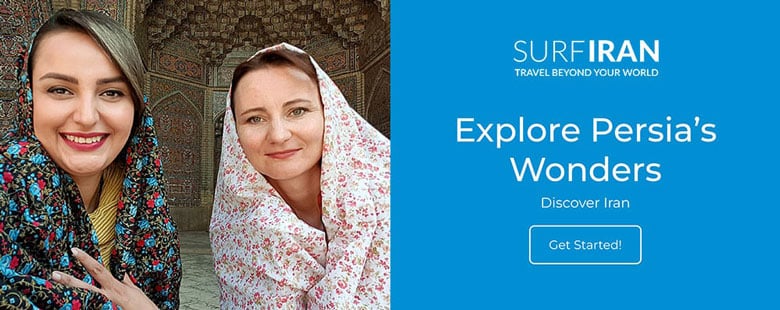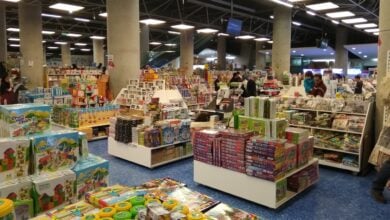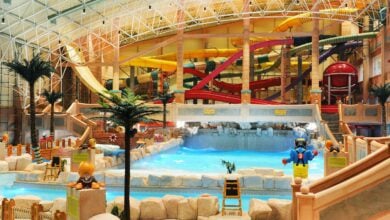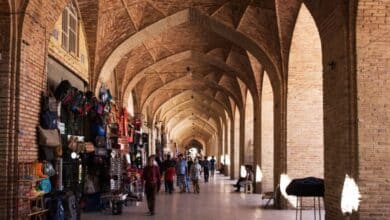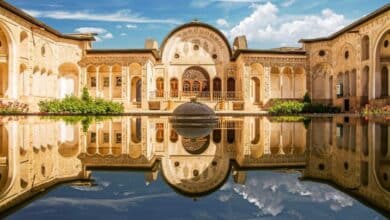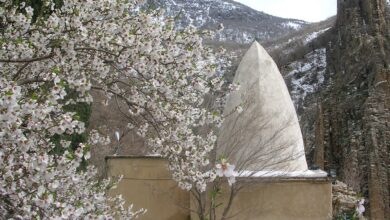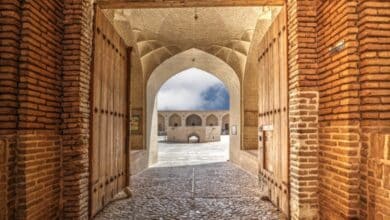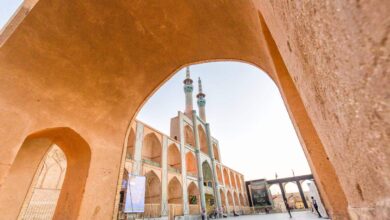10 Top Museum in Tehran that You Can’t Miss
Embark on a Cultural Journey Through Tehran's Top Museums
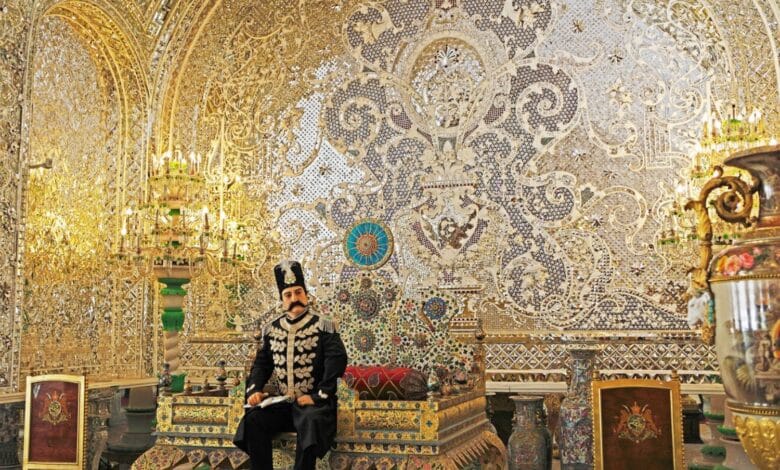
Tehran, the capital of Iran, holds the distinction of being the largest city in the country. However, it is primarily recognized as a bustling hub for work rather than a desirable place for residential living, owing to its substantial population and overcrowding.
While Tehran may not boast an abundance of natural resources and attractions, it does possess a noteworthy feature that serves as a tourist attraction: its multitude of museums.
The city is home to numerous museums, some of which you may have heard of on multiple occasions. In the subsequent paragraphs, we will acquaint you with 10 top museum you can’t miss in Tehran.
As previously stated, museums play a significant role in the cultural landscape of Tehran, attracting visitors from both domestic and international locations. It is likely that you are familiar with renowned museums like Golestan Museum, Zaman Museum, and the carpet Museum. However, let us delve deeper into the diverse array of museums that Tehran has to offer.
Contents
1. Golestan Palace And Museum
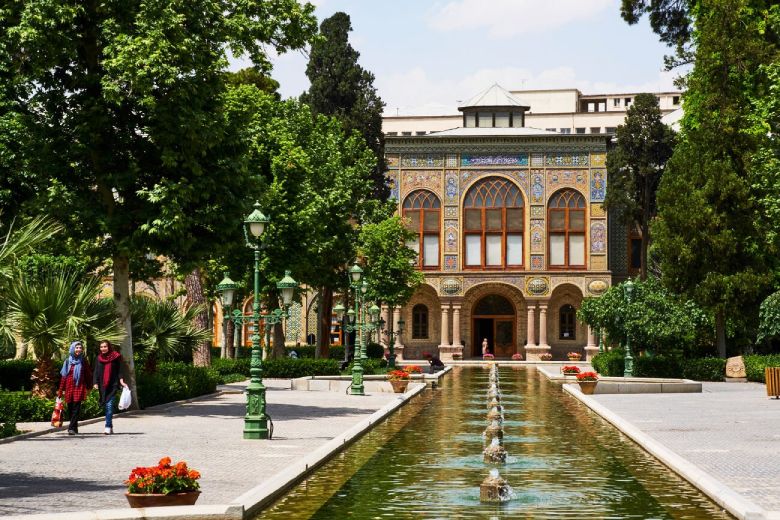
Golestan Palace, situated in the heart of Tehran, stands as one of the most ancient palaces in the city, tracing its origins back to the Safavid era. This grand palace encompasses a vast array of halls and structures, forming an impressive ensemble.
Shams-al-Amara Mansion, Takht – e Marmar Mansion, Khalvat – e Karimkhani, Dedicated Palace, Brilliant Hall, Badgir Mansion, Almas Mansion, Special Museum, Gallery Museum, Anthropology Museum, Photographic Museum and Hozkhane Museum are the must-see collections in Golestan Palace.
The architectural marvels of Golestan Palace, which served as the regal abode for the Qajar rulers, are a testament to the grandeur of that era. Dating back to the same period, the palace stands as a unique global treasure, surpassing the remarkable age of 200 years.
2. Niavaran Palace and Museum
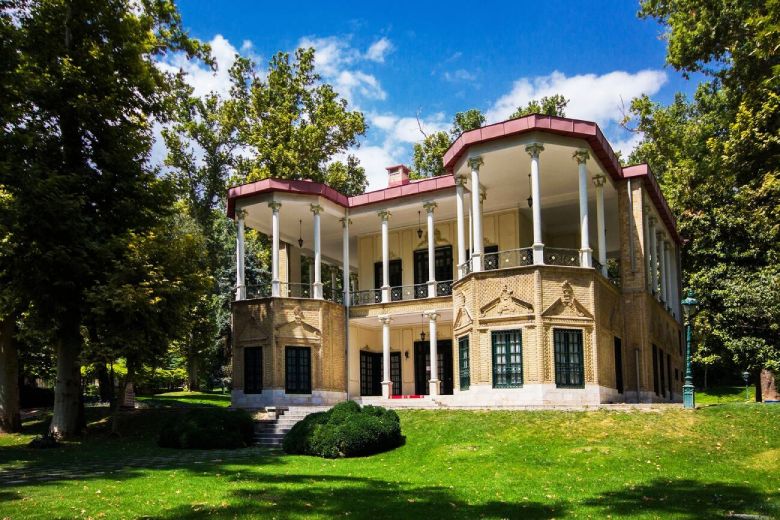
The Niavaran Museum Garden is a remarkable collection that can be traced back to the Pahlavi and Qajar periods. This palace, which spans two and a half levels, draws inspiration from traditional architecture both before and after the advent of Islam. During the Pahlavi era, the museum garden served as the residence for Shah Pahlavi and his family. Mohsen Foroughi, the architect behind this structure, skillfully blended before and post-Islam artistic styles in the design of the Niavaran Palace.
Presently, the museum encompasses various sections, including the Niavaran Exclusive Palace, the Royal Textiles and Clothing Museum, the Sahibqraniyeh Palace and Hoz Khan Museum, the Ahmad Shahi Palace, the Jahan Nama Museum, the Exclusive Library, the Niavaran Palace Unique Cars Museum, the Exclusive School, as well as Inscriptions and gardens.
One of the distinctive features of the Niavaran Palace is its roof, which can be moved.
3. Sa’adabad Palace and Museum
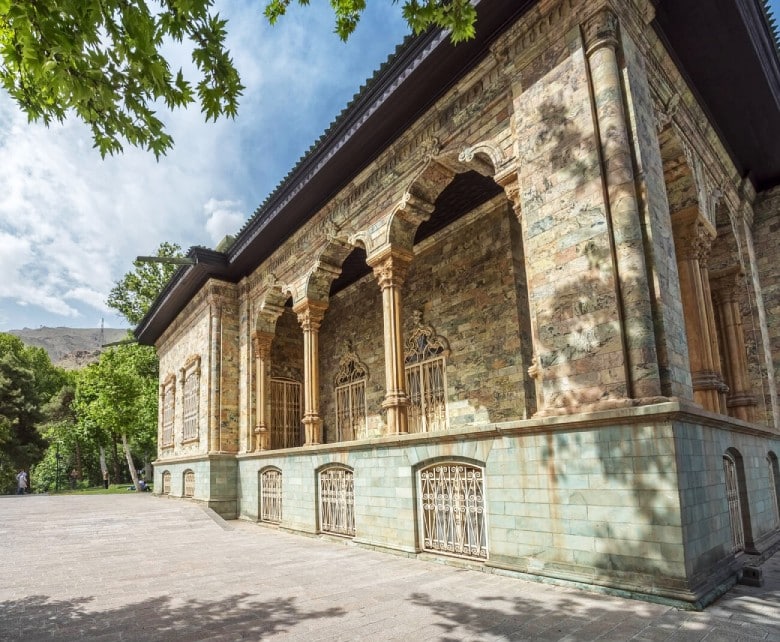
With an area of 110 hectares, Sa’adabad Palace is on the list of 10 top museums you can’t miss in Tehran!
Sa’adabad, situated in the northern region of Tehran, boasts a pleasant climate. Its construction dates back to the Qajar era, and during the Pahlavi period, it served as a summer residence for the king and his family. Throughout the Pahlavi era, the palace underwent expansion, resulting in the creation of 18 palaces, both large and small, each serving a distinct purpose. Sa’adabad Palace offers a variety of attractions for visitors to explore, including the Mellat Museum Palace, Water Museum, Royal Clothing Museum, Hossein Behzad Museum, Royal Kitchen Museum, Farshchian Museum, Green Museum Palace, National Art Museum, Fine Arts Museum, Court Weapons Museum, and Mir Emad Calligraphy Museum.
4. The National Jewelry Museum
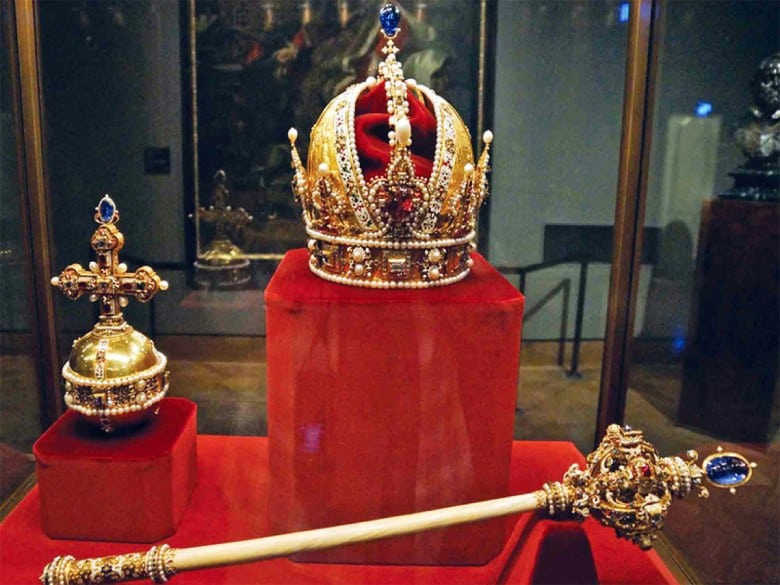
The National Jewelry Museum in Tehran stands out as one of the most exceptional and awe-inspiring museums dedicated to jewelry worldwide. Within this collection, you will find an array of priceless gems from various centuries. This includes an assortment of precious crowns, twelve swords and silver shields, as well as an assortment of precious stones in varying sizes. Additionally, the collection boasts numerous plates and other remarkable items
The inception of the valuable gemstones assortment commenced during the Safavid era. Undoubtedly, the majority of efforts to repatriate Iranian jewels were carried out under the reign of Nader Shah.
Under the rule of Naser Al Din Shah, a total of 48 diamonds were acquired and incorporated into this collection.
Presently, the National Jewelry Museum is situated within the premises of the Central Bank of Iran edifice, positioned on Ferdowsi Street.
5. Zaman Museum
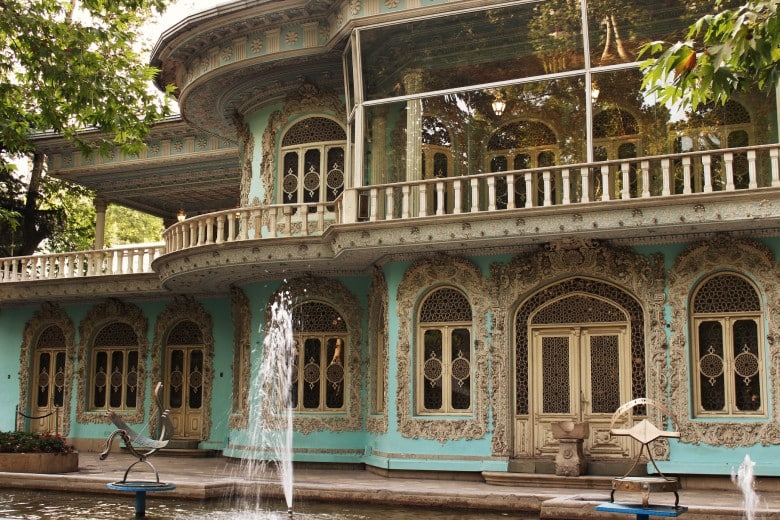
Zaman Museum, situated in the Zafaranieh area of northern Tehran, is another notable museum in the city. This blue painted and plastered building is known as the Museum of Time or Tamashagah – e Zaman. It holds the distinction of being the first museum dedicated to time in Iran. The museum itself is housed in an ancient two-levels structure, comprising various sections.
The exterior of the building and its surrounding garden showcase a collection of sundials, water clocks, oil clocks, candle clocks, and sand clocks. Inside the museum, visitors can explore a range of antique wall and wrist clocks from the Qajar and Pahlavi periods, along with clock repair tools.
6. Moghadam House
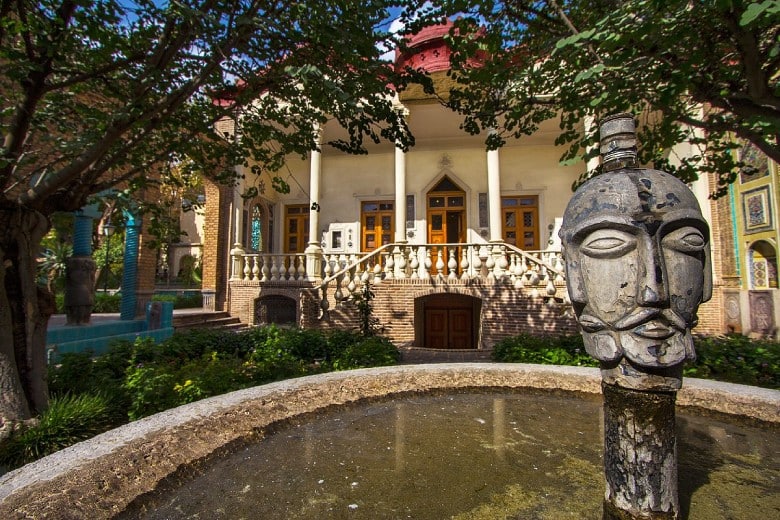
The Moghadam Museum, located in the heart of Tehran, is a remarkable historical residence that holds great significance. This exquisite mansion, dating back to the Qajar era, once served as the residence of a prominent Qajar courtier. The house is adorned with a plethora of ancient and valuable artifacts, a testament to the deep passion and appreciation for history held by its former owners, Mr. Mohsen Moghadam and his wife.
In 1369, this magnificent house was generously bestowed upon Tehran University and officially recognized as a national treasure. The museum encompasses various sections, including the outer courtyard, a serene pond, a grand reception room, a charming greenhouse, and numerous other captivating areas within the Moghadam house.
7. The Iranian Art Museum
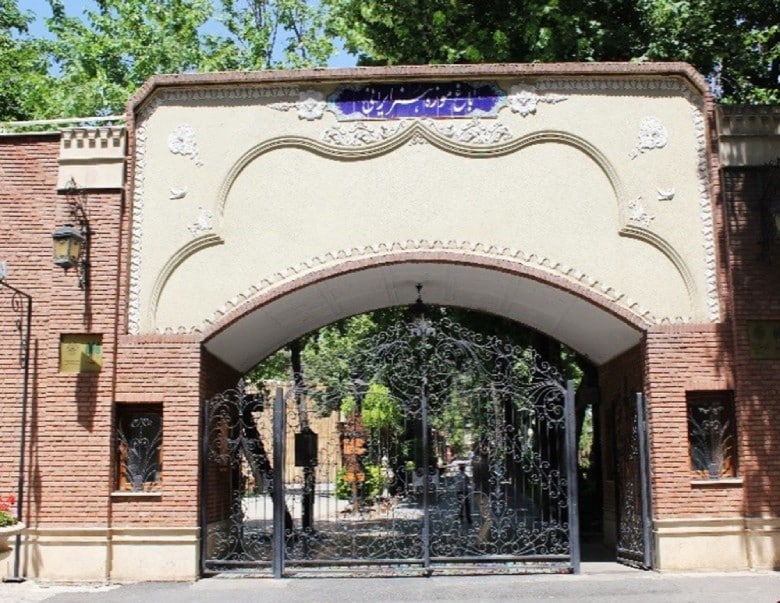
The Iranian Art Museum boasts a sprawling garden spanning nearly 1 hectare in the Elahiyh area of Tehran. Originally established during the reign of Reza Shah, this garden offers a picturesque green space for visitors to enjoy. Over the years, the museum underwent landscaping, transforming the garden into a prominent feature.
Initially belonging to the cinema house, it was later designated as the garden of the Iranian museum in 2006. Within this garden, visitors can marvel at replicas of iconic Iranian structures such as Hasht Behesht, Chehel Soton, Shams Al-Amara, Thirty-Three Bridges of Isfahan, Fin Kashan Garden Building, Azadi Tower, and Milad Tower, which are meticulously constructed and displayed for public appreciation.
8. Glassware and Ceramic Museum of Iran
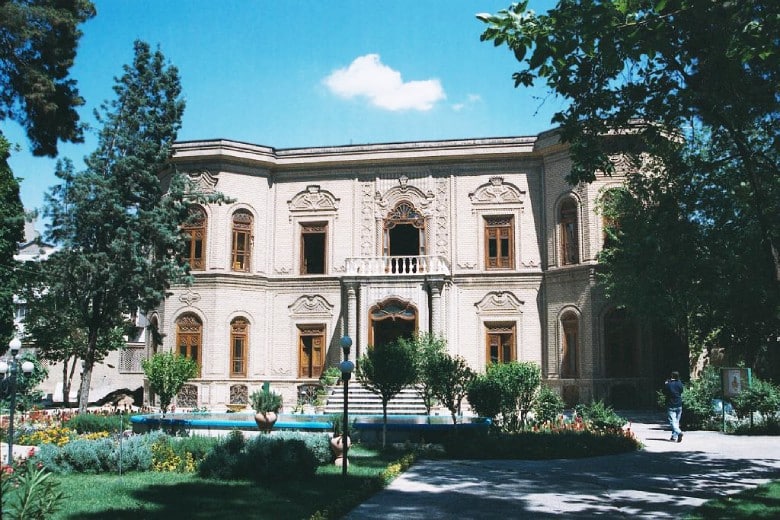
Glassware and Ceramic Museum of Iran is another highly popular and renowned museum in Tehran. It serves as a venue for exhibiting precious glassware and pottery that dates back to ancient times. Situated on 30 Tir Street in Tehran, this museum is housed in a magnificent and historically significant building that once belonged to the Pahlavi government.
The building is surrounded by a sprawling garden spanning an area of 7000 square meters. Originally commissioned by Ahmed Qavam, the building was designed in the shape of the number 8 and previously served as the embassy for Afghanistan and Egypt. However, in 1975, it was sold to the Pahlavi office and has since been transformed into a museum.
9. Museum of Contemporary Art
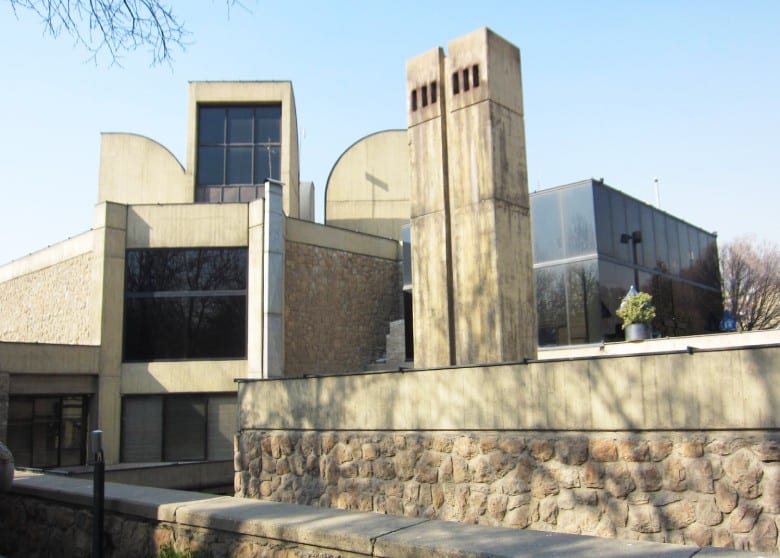
The Museum of Contemporary Art is the other one of 10 top museum you can’t miss in Tehran! situated in the heart of Tehran, is another prominent museum in the city. Housing an extensive collection of modern European and American art, it boasts a wide range of artistic styles such as abstract, minimalist, and photorealism. With approximately 3000 artworks, this museum holds the distinction of being the largest repository of its kind in Tehran.
10. The Museum of Communication
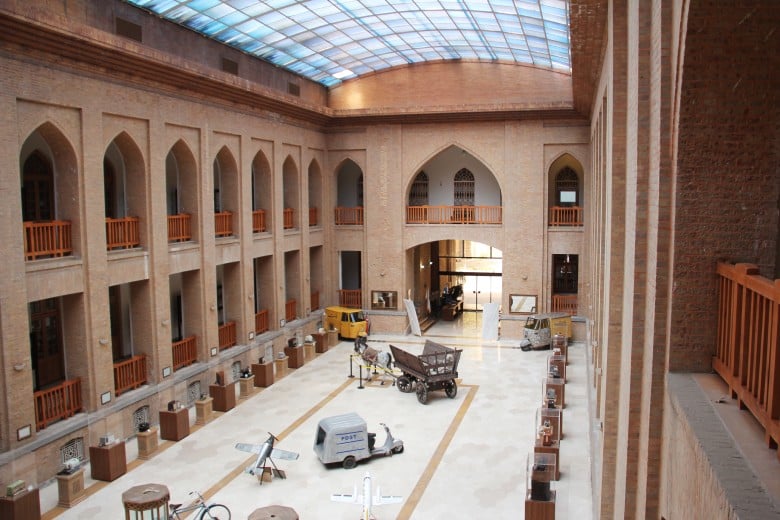
The Museum of Communication (Post and Telecommunication) stands as a historical institution in Tehran, situated on Imam Khomeini St., adjacent to the National garden. Within its museum, a collection of communication devices, including telephones and telegraphs, are preserved. Exploring this museum and acquainting oneself with these tools of communication promises to be an enlightening and novel encounter.
BOOK ONLINE
Tehran Hotels
Final Words
Tehran is the capital of Iran and preens to its tall buildings and city moods. In this pothers, museums are the places which everyone can find the history and cultures of Iran. Some of them are the museum of communication, the museum of contemporary art and the art museum. if you find the Tehran a place to spend your time, don’t miss to visit 10 top museum you can’t miss in Tehran!
10 Top Museum In Tehran FAQ
To what time the Golestan palace date back?
Golestan palace tracing its origins back to the Safavid era.
What are the various parts in Sa’adabad palace?
Mellat Museum Palace, Water Museum, Royal Clothing Museum, Hossein Behzad Museum.
Where is the Museum of Contemporary Art situated?
The Museum of Contemporary Art located in the heart of Tehran, close to Laleh park.
